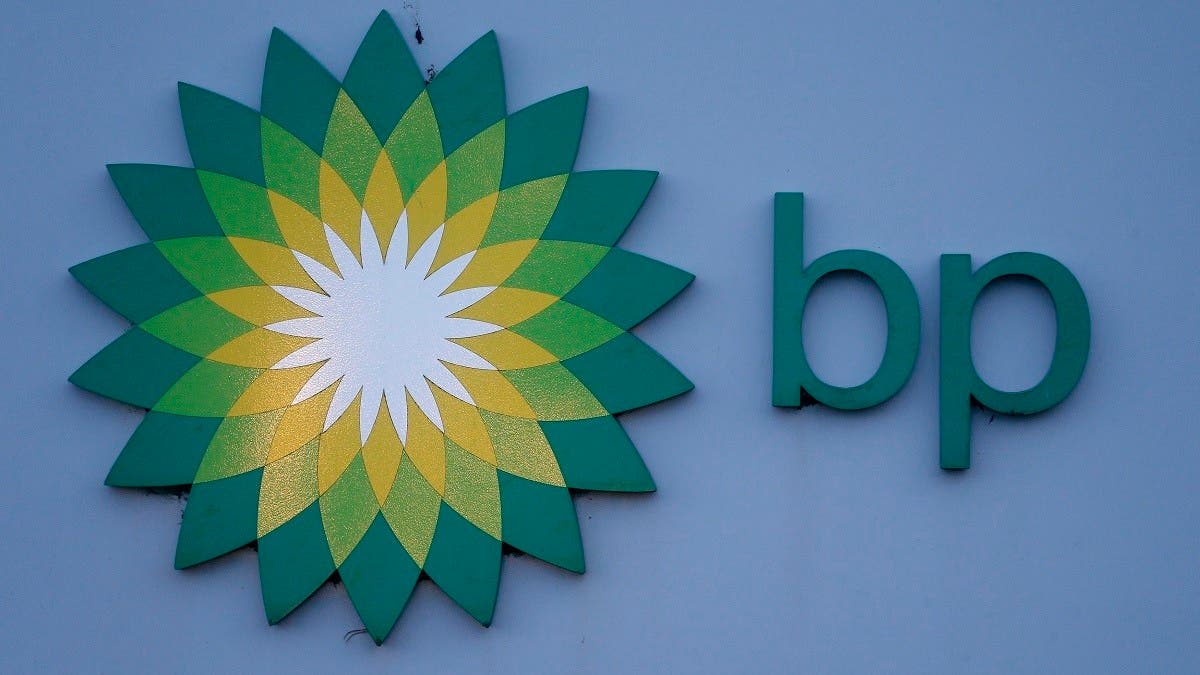Energy giant BP, global bank HSBC and the world’s biggest aircraft leasing firm AerCap joined a growing list of Western firms looking to exit Russia on Monday, as Western sanctions tightened the screws on Moscow over its invasion of Ukraine.
The West has sought to punish Russia with a raft of measures, including closing airspace to Russian aircraft, shutting out some Russian banks from the SWIFT global financial network and limiting Moscow’s ability to deploy its $630 billion foreign reserves.
For the latest headlines, follow our Google News channel online or via the app.
Russia’s economy was already reeling on Monday. The ruble plunged as much as 30 percent to an all-time low, while the central bank doubled its key interest rate to 20 percent, kept stock markets and derivative markets closed and temporarily banned brokers from selling securities held by foreigners to help limit losses.
BP, Russia’s biggest foreign investor, abruptly announced at the weekend that it was abandoning its 20 percent stake in state-controlled Rosneft at a cost of up to $25 billion, cutting the British firm’s oil and gas reserves in half and reducing BP’s production by a third.
BP’s decision, which followed talks with the British government, shone a spotlight on other Western firms with stakes in Russian oil and gas projects, such as US firm ExxonMobil, France’sTotalEnergies and Britain’s Shell.
Equinor, the energy firm majority owned by the Norwegian state, said it would start divesting its joint ventures in Russia, while Norway’s sovereign wealth fund, the world’s largest, will also divest its Russian assets, worth around 25 billion Norwegian crowns ($2.8 billion).
Australia’s sovereign wealth fund also said it planned to wind down its exposure to Russian-listed companies.
Large parts of the Russian economy will be a no-go zone for Western banks and financial firms after the decision to cut some of its banks off from SWIFT, a secure messaging system used for trillions of dollars’ worth of transactions around the world.
The European arm of Sberbank, Russia’s biggest lender, faces failure, the European Central Bank (ECB) warned on Monday, after a run on its deposits.
British bank HSBC said it was starting to wind down relations with a host of Russian banks including the second-largest, VTB, one of those targeted by sanctions, a memo seen by Reuters showed.
Shares knocked
Amid the broadening economic squeeze on Russia, even neutral Switzerland said it was likely to follow the EU by imposing sanctions and freezing Russian assets.
While Russians queued at ATMs at the weekend over worries that sanctions would trigger cash shortages, Western firms with exposure to Russia took a knock when markets opened on Monday.
Nokian Tyres, which said last week it was shifting some production to Finland from Russia where it has a plant and warehouse, withdrew its 2022 guidance, hammering its shares.
Shares also slid in Societe Generale, the French bank that owns Russia’s Rosbank, and carmaker Renault, which controls Russian carmaker Avtovaz.
Finnair lost a fifth of its value after it withdrew guidance for 2022 due to the potential closure of Russian airspace, after European nations and Canada to the unprecedented step of shutting their airspace to Russian aircraft.
The United States was considering a similar move, US officials said.
Leasing firms said they would terminate hundreds of aircraft leases with Russian airlines because of sanctions. Russia has 980 passenger jets in service, with 777 leased and 515 rented from foreign firms, analytics firm Cirium said.
Ireland’s AerCap Holdings, the world’s biggest plane lessor with about 5 percent of its fleet leased to Russian airlines, said it would halt leasing to Russia. Asian lessor BOC Aviation said most of its planes in Russia, or about 4.5 percent of its fleet, would be affected.
US-based United Parcel Service Inc and FedEx Corp, two of the world’s largest logistics companies, said they were halting deliveries to Russia and Ukraine.
The EU has banned Russian media outlets RT and Sputnik, while Canadian telecoms operators also stopped offering the RT channel. Google has barred RT and other Russian channels from receiving money for ads on websites, apps and YouTube videos, similar to a move by Facebook.
The European Union’s internal market chief told the chief executives of Google-owner Alphabet and its YouTube unit on Sunday to ban users pushing war propaganda as part of measures to halt disinformation on Ukraine.
Read more: Rouble tumbles to record low as West steps up Russian sanctions

 World2 years ago
World2 years ago
 World2 years ago
World2 years ago
 Entertainment7 years ago
Entertainment7 years ago
 World7 years ago
World7 years ago
 Entertainment7 years ago
Entertainment7 years ago






